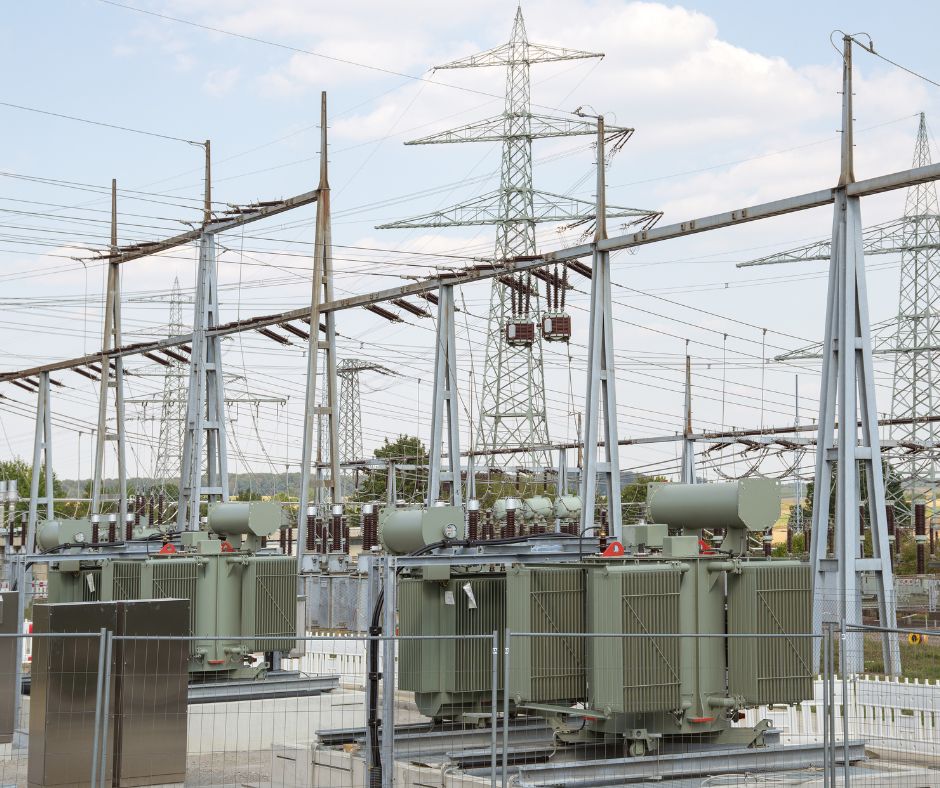Authorities of Lagdo dam situated close to the Nigeria/Cameroun border have warned of an imminent flood in frontline communities along the river bank as it releases excess water from the dam. It would be recalled that the heavy downpour witnessed in the last couple of days in Nigeria has displaced over 100,000 persons even as others lost their lives while over 500,000 others were indirectly affected by the flood in the preceding month.
The National Emergency Management Agency, NEMA, in collaboration with Nigerian Hydrological Services Agency (NIHSA) released some data in Abuja yesterday during a technical emergency meeting on the flood situation across the country.
According to the report made available, operators of the Lagdo dam in the Cameroun Republic have commenced the gradual release of the excess water from the reservoir since September 13th, 2022.
Director General of NEMA, Mustapha Ahmed made this known during the meeting saying, “We are aware that the released water cascades down into Nigeria, through River Benue and its tributaries, thereby overwhelming communities that have already been impacted by heavy rainfall.
Ahmed explained that “The released water complicates the situation further downstream, as Nigeria’s inland reservoirs including Kainji, Jebba, and Shiroro, are also expected to overflow between now and October ending.
According to the report of NIHSA, Kainji and Jebba dams have already started spilling excess water from their reservoirs. This will have serious consequences on frontline states and communities along the courses of rivers Niger and Benue.”
The NEMA boss hinted at states to be affected including; Adamawa, Taraba, Benue, Niger, Nasarawa, Kebbi, and Kogi states.
More so, he added that some Niger Delta states may also be affected such as Edo, Delta, Anambra, Cross-River, Rivers, and Bayelsa, saying such states may record rainfall above average coupled with an overflow of River Niger and Benue as they empty through the tributaries into the ocean.












.png?auto=webp&format=pjpg&width=3840&quality=60)
